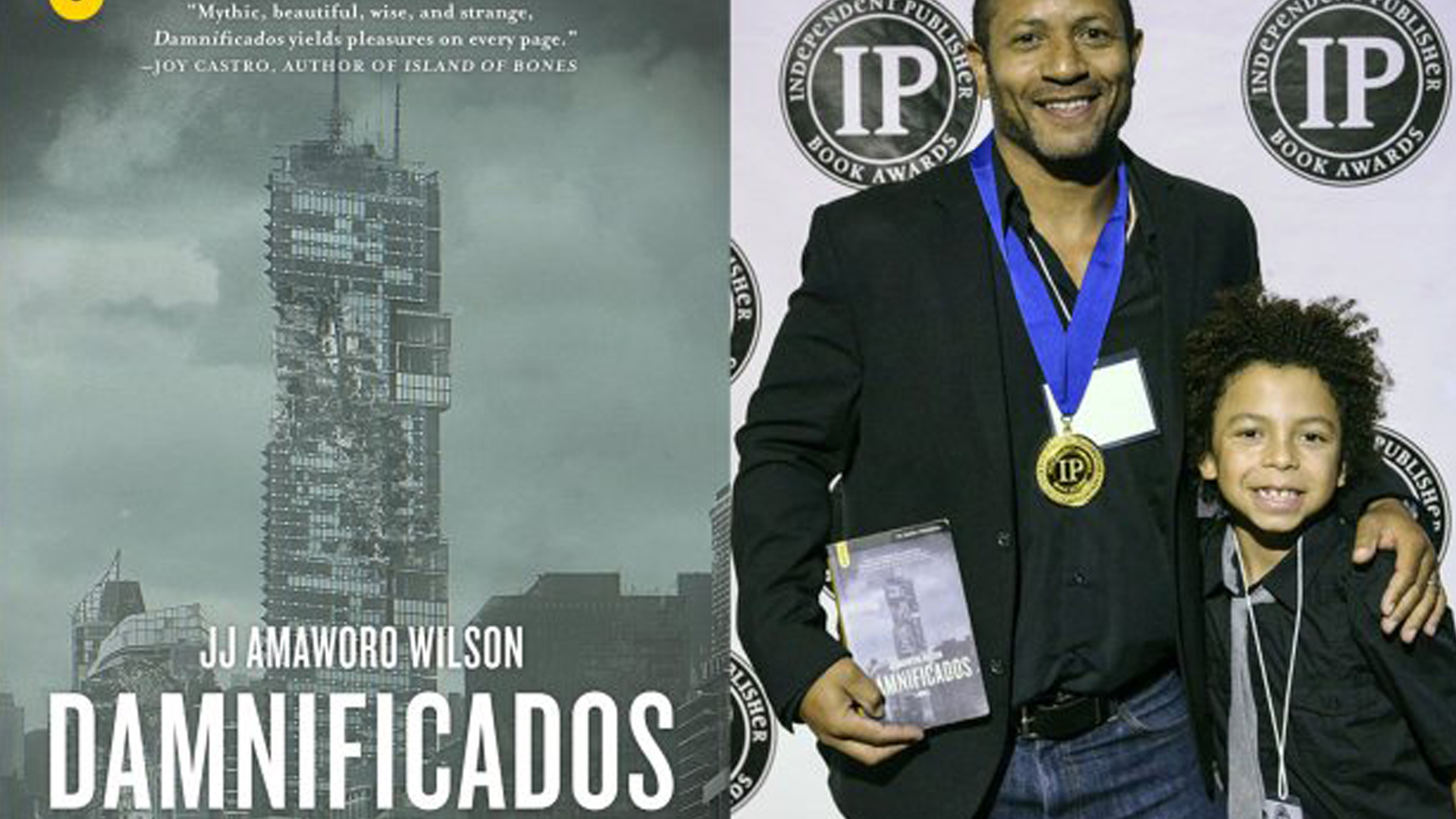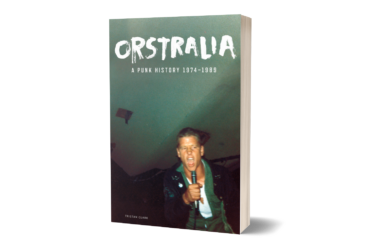Being black in America …
Walter Mosley: “It’s hard to feel nostalgic, being black in America. It’s not that you don’t like it, or remember it, it’s just hard to feel nostalgic for it. “I miss those times when they used to lynch us,” and “Those cotton fields were so much fun. I liked going to the special toilets that were made for only me.”
“I asked my father once, “Dad, were you afraid when you went to World War II?” and he said, “No, I wasn’t afraid.” And I said, “But you knew it was America fighting the Germans?” He said, “I didn’t know I was an American. I got over there, and I said, If the Germans come over to me and say where are the Americans at, well, they’re right over there, those white people over there. But instead the Germans started shooting at me. So the Germans taught me I’m an American.” Some people haven’t experienced this kind of revelation at all.”
Being Muslim in America …
Haroon Moghul (author of How to Be a Muslim): “I was twenty-one, and I was elected president of the Islamic center at my university. It was my third day as president of the Islamic center, I was building an institution, and I got out of the subway Tuesday morning, and a plane hit the tower. For the next six to eight months, people would stick a microphone in my face: “Islam, jihad, Sharia, polygamy, answer!” I’m like, “Polygamy? I don’t even have a girlfriend!” I mean, seriously?”
Writing with your audience in mind …
Marlon James: “There are certain things I don’t do. I don’t pander to an audience. I don’t drop the Jamaican part off. Somebody once said to me, “I couldn’t make it through your book.” I said, “I don’t give refunds,” because I’m at the point where I don’t care.”
Walter Mosley: “I love my readers, but I don’t care about them. I write the books to make me happy, and I write the books to say stories. Some of them love it, some of them hate it, some of them say, “What’s wrong with you?” I don’t really care about that.”
Ayad Akhtar (playwright): “Homeland‘s trying to get you to give them [the audience] something. It’s not art. It’s operating within a system where it is trying to get you to stay in the show and then give the producers a rating which leads to advertising. When I wrote [the play] Disgraced … my objective was not to get something from the audience by giving them something that they want or don’t want. As an artist, I don’t have a transactional relationship with them. I’m not saying art’s better, I’m just saying it’s different.
Storytelling …
Salman Rushdie: “When children are born, once [they] feel they’re safe and loved and fed, the next thing they want is a story. “Tell me a story.” That desire for story is deep in the DNA: We are the storytelling animal. We are the only creature on this Earth that does this very strange thing of telling itself stories to understand what kind of creature it is. We are a narrative animal.”
Writing for a U.S. audience …
Jamaica Kincaid: “When I sit down to write, I sit down to think about the world. It has nothing to do with American anything. The American love of a story that has a beginning and an end, and the absolutely hateful thing called closure: I have no interest in it at all.
That’s very productive for me, but I think unsatisfying to an American readership. We are on a powerful continent, and this powerful continent produces so much disturbance that the citizens of the continent would like, when they sit down to read a book, for that book to offer some solace about the human condition. I insist on offering none.”
Expats …
Marlon James: “When I was living in Jamaica, I worked in advertising. I was surrounded by expats, and my view of them was basically mediocre people from abroad who couldn’t hack it in their own countries, so they’d come to the “third world,” because some locals still go what I call “white crazy” in Jamaica. I actually got in arguments with some of these transplants. I’d say, “You and I both know you could never hack it on Madison Avenue. That’s why you’re here: because we’re idiots every time you open your mouths.”
Jamaica Kincaid: “Expats were these sort of rancid people from England who came and sat around, and we did things for them. It was a group of privileged people who were incredibly lazy. When I think of myself in America, I think of myself not as an expat. Even James Baldwin might have had trouble calling himself an expat. A black person is not an expat anywhere.”
Valeria Luiselli (novelist): “I don’t feel quite welcome as a Mexican here [in the U.S.] when there are stadiums full of people shouting, “Let’s build a wall!” But I do think the literary world here is larger than the one in Mexico and more diverse – more international, but also more diverse racially. Most Mexican writers are white, and there’s very little recognition of writers who don’t write in Spanish in Mexico.”
Back to JJ Amaworo Wilson’s Author Page






